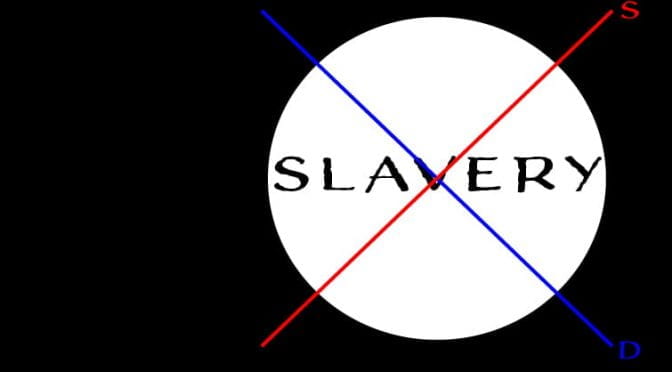The real reason Scottish philosopher Thomas Carlyle described economics as the “dismal science” may surprise you. Despite popular stories, Carlyle wasn’t inspired by Thomas Malthus’s prediction of population growth outstripping food supplies (see the post Are Climate Scientists Alarmists?). The origin was actually an essay first published in Fraser’s Magazine in 1849 in which Carlyle denounced economists and lamented the loss of slavery.
The Slavery Abolition Act of 1833 gradually emancipated (freed) slaves in the British Empire, whose many colonies at that time included the West Indies, Australia, India, and Canada. Carlyle focused on slavery in the West Indies, writing that emancipation was a burden for whites due to the resulting cost of farm labor: “Higher wages, massa; higher, for your cane crop cannot wait; still higher — till no conceivable opulence of cane crop will cover such wages!”
Economists in support of emancipation became Carlyle’s adversaries. Carlyle wrote that economics “finds the secret of this universe in ‘supply and demand,’ and reduces the duty of human governors to that of letting men alone, … a dreary, desolate and, indeed, quite abject and distressing [science]; what we might call, by way of eminence, the dismal science.”
In other words, economics was deemed dismal for supporting the freedom of human beings.
–The Dismal Blog

Testing to see if comments work.